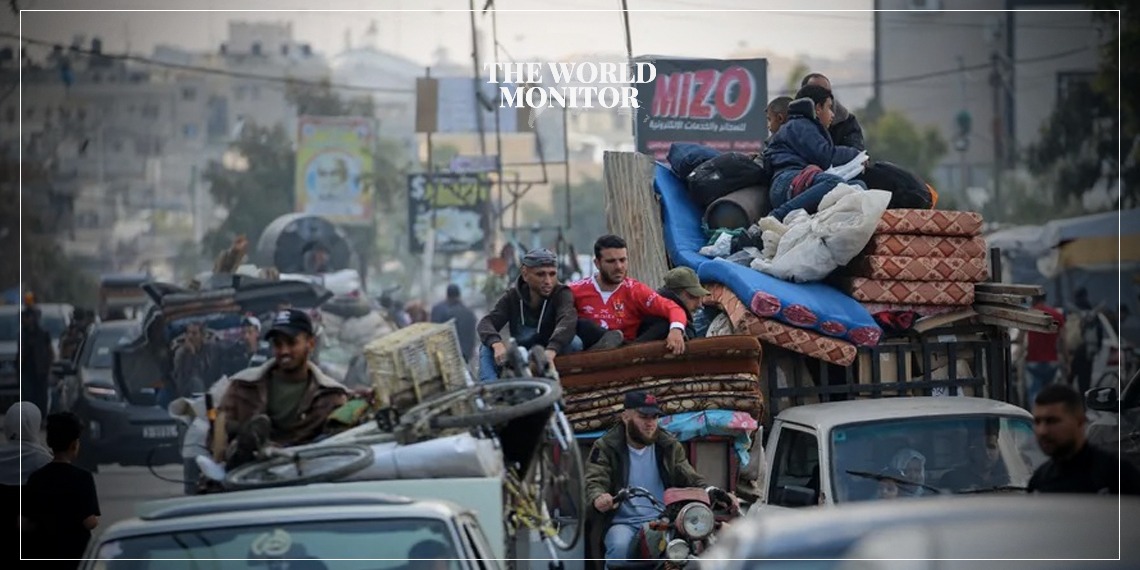The World Food Programme (WFP) announced on Saturday that aid has not reached Gaza from the southern crossings for three days. The WFP warned that its operations might halt as food supplies dwindle among the population. Matthew Hollingworth, the WFP country director in Palestine, stated on the platform “X” on Thursday, “Our operations in Gaza will stop if food and fuel supplies are not available. It has become difficult to access our main warehouse in Rafah, located in the southern part of the sector.”
He noted that only one bakery is still operational, and no aid has entered from the southern sector crossings for the past two days.
Search for Safe Areas:
In related developments, the UN Relief and Works Agency for Palestine Refugees (UNRWA) said on Saturday that about 150,000 people have fled from Rafah since Monday, seeking safe places. Meanwhile, the Israeli military stated that approximately 300,000 residents of Gaza have moved to the humanitarian area in Al-Mawasi so far, with the same number having fled from East Rafah in the south of the Gaza Strip.
Israel ordered new evacuations in the city of Rafah in southern Gaza on Saturday as part of its preparations to expand its operations, stating that it is also moving to an area in northern Gaza where Hamas has reorganized its ranks.
Intense clashes continue across the sector between Israeli forces and Palestinian factions near Rafah, making access to nearby vital aid crossings impossible and forcing more than 110,000 people to flee northward. Israel’s move into Rafah has been less extensive than the full-scale invasion it had planned. The United Nations and other agencies have warned for weeks that the Israeli attack on Rafah, located on the border with Egypt near key aid entry points, could paralyze humanitarian operations and lead to a catastrophic rise in civilian casualties.
More than 1.4 million Palestinians, about half of Gaza’s population, have sought refuge in Rafah, most fleeing from Israeli attacks in other areas.


